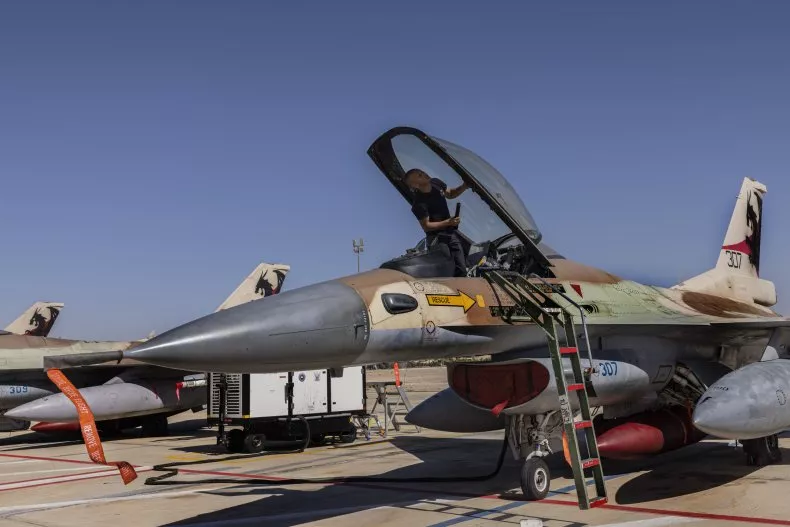Israel Nuclear Strike Preparations: Escalating Tensions with Iran Amid Global Concerns
Recent intelligence reports suggest that Israel is actively preparing for a potential military strike on Iran’s nuclear facilities. This development has heightened global tensions and raised concerns about the stability of the Middle East. The implications of such a move are far-reaching, affecting not only regional security but also global economic markets.
1. Intelligence Reports Indicate Israeli Preparations
According to a CNN report, U.S. intelligence has gathered information indicating that Israel is making preparations for a possible strike on Iranian nuclear sites. This includes movements of munitions and air exercises that resemble those conducted before previous military actions.
While it’s unclear whether a final decision has been made by Israeli leadership, the likelihood of such a strike has reportedly increased in recent months. The Israeli government has not publicly confirmed these preparations, maintaining a policy of strategic ambiguity regarding its military operations.
2. Impact on Global Oil Markets
The news of potential Israeli military action has already impacted global oil markets. Crude oil prices surged over 1% following the reports, with Brent crude futures reaching $66.35 per barrel and U.S. West Texas Intermediate crude futures climbing to $62.99.
Analysts attribute this spike to fears of supply disruptions, especially considering Iran’s significant role as OPEC’s third-largest oil producer. A potential conflict could threaten the Strait of Hormuz, a critical chokepoint for global oil shipments, exacerbating concerns over energy security. (Reuters)
3. Diplomatic Efforts and Challenges
The United States has been engaged in diplomatic efforts to address Iran’s nuclear program, with President Donald Trump expressing a preference for negotiation over military action. However, talks have faced obstacles, including Iran’s insistence on its right to enrich uranium for civilian purposes and skepticism about U.S. intentions.
Iran’s Supreme Leader, Ayatollah Ali Khamenei, has dismissed U.S. demands as “outrageous,” casting doubt on the prospects for a diplomatic resolution. The lack of progress in negotiations increases the risk of unilateral actions by Israel, potentially leading to a broader conflict.
4. Regional and International Reactions
The possibility of Israeli military action has elicited varied responses from the international community. European Union officials have expressed concern over the potential for escalation, emphasizing the need for restraint and renewed diplomatic engagement.
In the region, countries are bracing for potential fallout. Iran has signaled that it would respond forcefully to any attack, raising the specter of a wider regional conflict. Neighboring states are monitoring the situation closely, aware of the potential implications for their own security and economic stability.
5. Historical Context and Strategic Considerations
Israel’s consideration of a strike on Iran’s nuclear facilities is consistent with its long-standing security doctrine, which emphasizes preemptive action to neutralize existential threats. This approach, known as the Begin Doctrine, has previously guided Israeli military operations against nuclear programs in Iraq and Syria.
The current situation reflects the complex interplay of strategic calculations, historical precedents, and geopolitical dynamics. Israel’s security concerns, Iran’s regional ambitions, and the broader international community’s interest in non-proliferation all contribute to the high-stakes environment.
Conclusion
The potential for Israeli military action against Iran’s nuclear facilities represents a critical juncture in Middle Eastern geopolitics. The situation underscores the importance of diplomatic efforts to prevent escalation and maintain regional stability. As developments unfold, the international community must remain vigilant and proactive in seeking peaceful solutions to complex security challenges.
Subscribe to trusted news sites like USnewsSphere.com for continuous updates.
[USnewsSphere.com / ti.]





